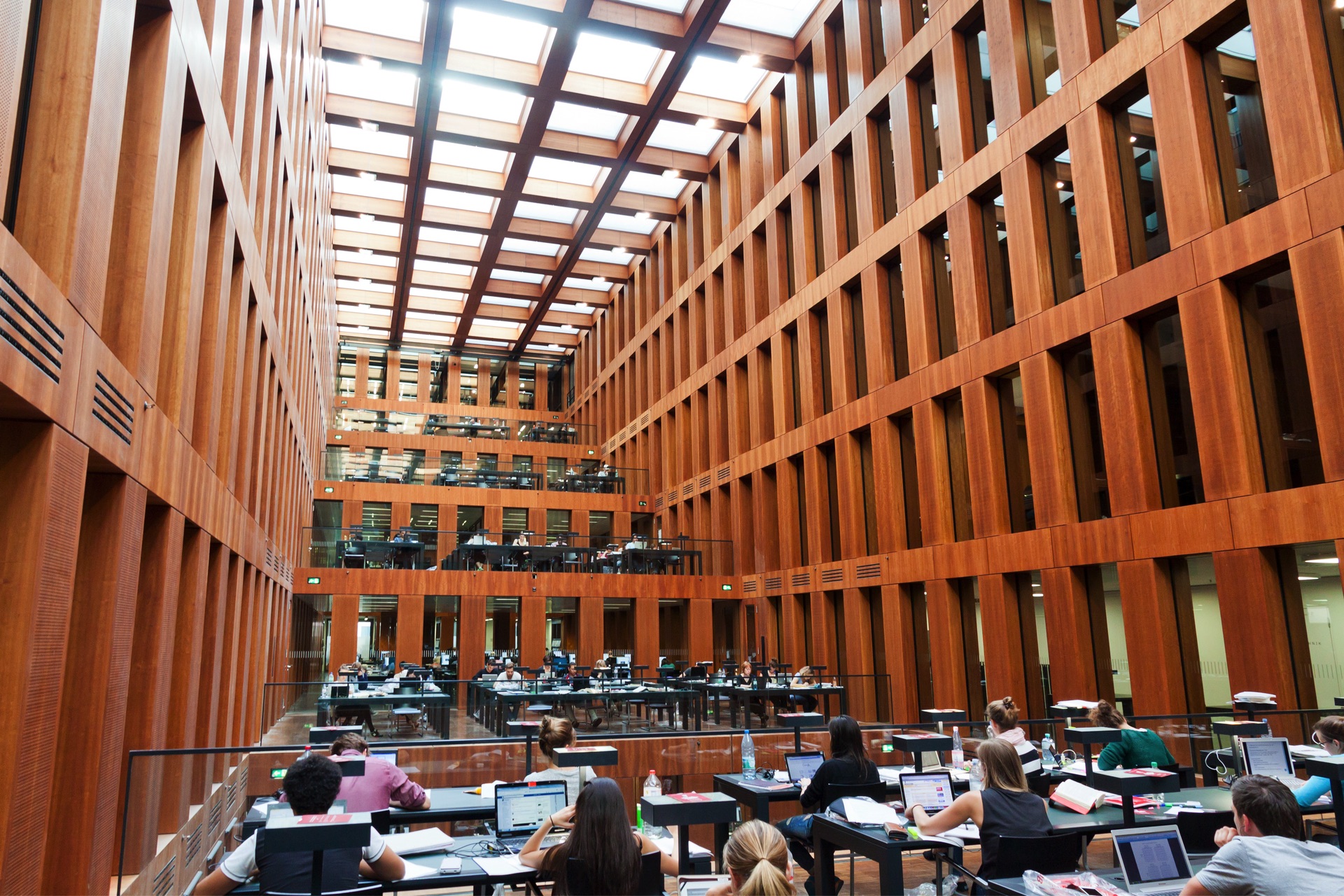What of the humanities and social sciences? The SHAPE EMCR experience in Australia
by Dr. Tristan Moss
To say that early and mid-career researchers (EMCRs) in Australia face significant professional and personal challenges is almost a cliché; it is unlikely that anyone in those categories is unaware of the myriad issues that face individuals while navigating the world after their PhD.
We each have these stories: those one or two particularly egregious cases we are used to recounting when discussing challenges with colleagues, and the countless frustrating, demoralising, and tiring experiences, large and small, that can colour a career in academia, and are balanced against those elements of the profession we adore.
Grappling with the hurdles facing EMCRs, providing them with better opportunities and a voice within their profession is a vital part of what the Australian SHAPE EMCR Network aims to do, and at the heart of this is building a better understanding of the issues facing EMCRs, not least through a survey of the cohort.
EMCRs in Australia: what does the literature say?
There have been a handful of scholarly studies of experiences of EMCRs in Australia, more often than not driven by EMCRs themselves. The issues they identify are well-known ones: overwork, lack of support for inclusive workspaces, absence of opportunities and uncertain futures. Increased casualisation, poor government funding for academia and the pandemic have exacerbated these challenges.
Job security is at the forefront of each and every study of the experiences of EMCRs. One excellent study of 658 EMCRs in STEM by Katherine Christine et al. found that many in the cohort were contemplating leaving academia in the face of job insecurity, lack of support and poor workplace culture. Similarly, in a 2016 Study, the Australian Academy of the Science’s EMCR Forum found that while most postdoctoral researchers aimed to continue in academia, the majority of respondents did not think this was possible due to structural challenges including inadequate job security, lack of funding and family responsibilities.
The 2021 Australian Historical Association ECR survey found that ‘many are anxious, frustrated, and concerned about the state of the sector and the difficulties of finding sustained and meaningful employment.’ Casualisation, fixed term contracts and unemployment were also significant issues, with only 13% of those surveyed in some form of continuing position.
In its study of career support for researchers, the Council of Learned Academies found that “uncertain job prospects” stood head and shoulders above other issues when respondents were asked to nominate the single ‘worst thing’ about a career in research; this was particularly the case for postdocs and ECRs. One result of these and other challenges is a higher level of stress and lower job satisfaction found among STEM EMCRs; unfortunately we know less about the experience of SHAPE (i.e., social sciences, humanities, and arts for people and the environment) researchers.
More recently, the pandemic clearly impacted the experiences of EMCRs, and the EMCR Forum found that 83% of respondents reported that workplace changes made them less productive.
Gender has been identified as an issue in many EMCR surveys. For instance, many women reported taking on more parenting and caring responsibilities, but faced systemic challenges. In 2020, the EMCR Forum found that 25 percent of women were on casual contracts, compared to just 6 percent of men. In 2013, 60 percent of respondents to the postdoctoral survey were women, although the majority of those at Level A were men.
There are a range of other experiences that shape EMCR experiences identified in the various surveys, including background, institution, support from leadership, discipline, location, age and more. Moreover, there is an interaction between these factors that shape individual experiences in a variety of ways; detailed analysis, as well as surveying, is crucial to understanding the needs of EMCRs.
What next?
There are three strong reasons that we need to grow our understanding of EMCRs in SHAPE disciplines in Australia.
First, a crucial aspect of any new representative body is understanding those it represents, and one of the first tasks of the SHAPE Futures Network will be to conduct a survey of EMCRs with humanities, arts and social sciences backgrounds.
Second, there is a significant gap in our understanding of EMCRs in the absence of humanities, arts and social science experiences from the discussion. Unfortunately, the experiences of STEM scientists have often been taken as representative of the broader EMCR experience. At the same time, there is almost a reflexive tendency to point to the importance of scientists when arguing for better EMCR conditions, which ignores the vital role played by the humanities, arts and social sciences: after all, issues such as climate change, social injustice, living conditions and countless others are not simply scientific questions, they are also ones of policy, politics, culture and history.
Those in STEM careers undoubtedly share many experiences as EMCRs with careers in SHAPE. However, there are particular contexts that create dissimilarities, including differences in workplace cultures (such as in labs), funding avenues, ability to work with or for industry, and often significantly different public and government views of their research, which can have material effects on funding.
Finally, and most fundamentally, EMCRs represent a significant group of academics and professionals (as an indication, level A and B academics made up around 20 per cent of all university staff in 2019). These individuals also compose a significant part of universities and undertake a majority of the teaching load. Moreover, as trite as it sounds, this group represents the future of research in Australia. EMCRs are also a body of people who deserve to have their experiences understood, their voices heard and their concerns addressed.
In support of our efforts to better understand the EMCR cohort in SHAPE, please consider adding your voice to our survey.



